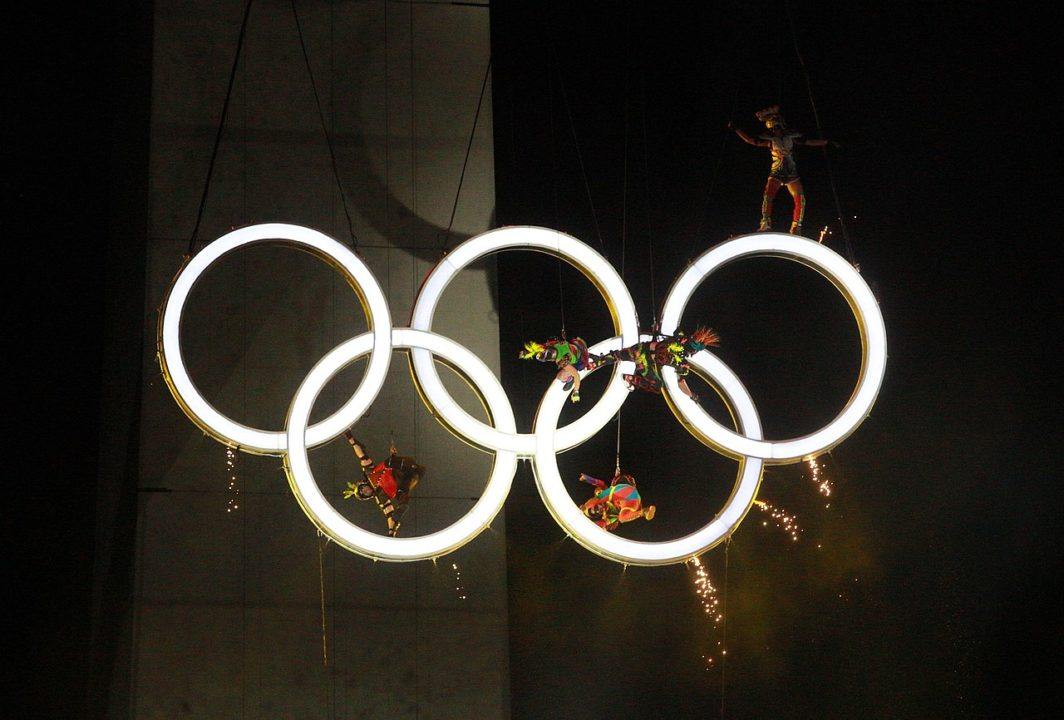The Australian Olympic Committee (AOC) Athletes’ Commission recently ran a survey exploring how current and former Olympic athletes believe views should be expressed at the Olympic Games. The survey consisted of both former Aussie Olympians, ranging from pre-1950s to the 2010s, and those aspiring for the 2021 Games in Tokyo.
The survey was conducted following an IOC Athletes’ Commission initiative to explore the different ways of how athletes can express their support for the principles enshrined in the Olympic Charter.
In total, the AOC had 496 respondents, split evenly between male and female.
One of the key takeaways from the survey was the differing opinions on whether views, such as politics, religion, sexuality and racism, should be expressed at the Olympic Games. 40.9% think the Games should not be a place to express views, while 39.3% think it depends on the circumstances.
Expanding on this question, the survey looks at the views from the different eras of athletes, and the results show the present-day athlete believes there’s room for expression at the Games compared to those from the 1980s and earlier.
34% of the athletes from the 2010s said yes, views should be expressed at the Olympics, and a further 47% believed it should happen under certain circumstances.
Another major takeaway was that athletes don’t want protests to occur on the field of play. Over 80% answered that it would detract from the performance and experience of other athletes.
“Protests should be discouraged if they are designed to disrupt the performance of fellow competitors,” the AOC says.
The AOC also believes that post-competition interviews, social media and press conferences are a great time for an athlete to express their views when the focus is solely on them. Medal ceremonies and other group engagements when other athletes are involved, on the other hand, are not a great time because it may take away from their experience.
In relation to Rule 50.2, which states: “No kind of demonstration or political, religious or racial propaganda is permitted in any Olympic sites, venues or other areas,” over 80% of athletes claimed to understand the rule, though nearly 60% are unaware of the consequences of breaching the rule. 30% said they would still consider breaching the rule despite being aware that there are consequences.
Among the recommendations made by the AOC Athletes’ Commission for the International Olympic Committee (IOC) Athletes’ Commission was that athletes should have an opportunity to express themselves in forums away from the field of play and podium, there should be clarity on how Rule 50.2 breaches will be assessed, and that athletes would support a moment of solidarity at the Opening and Closing Ceremonies. They also requested that athletes should have the opportunity to engage in forums with fellow athletes in the Olympic Village, and they would like access to IOC education programs in the village.
You can read the results of the survey here and the AOC executive summary here.

These protests are just another form of bullying other athletes and spectators.
Am I reading this correctly if i say an alternate headline could be: Athletes Don’t Think Podium is Appropriate Place for Protest?
Misleading to say the least.
There were a number of ways you could have written that headline, given the information in the article. There’d be someone here to whine about all them.